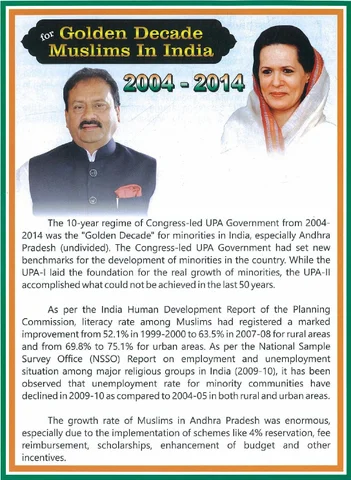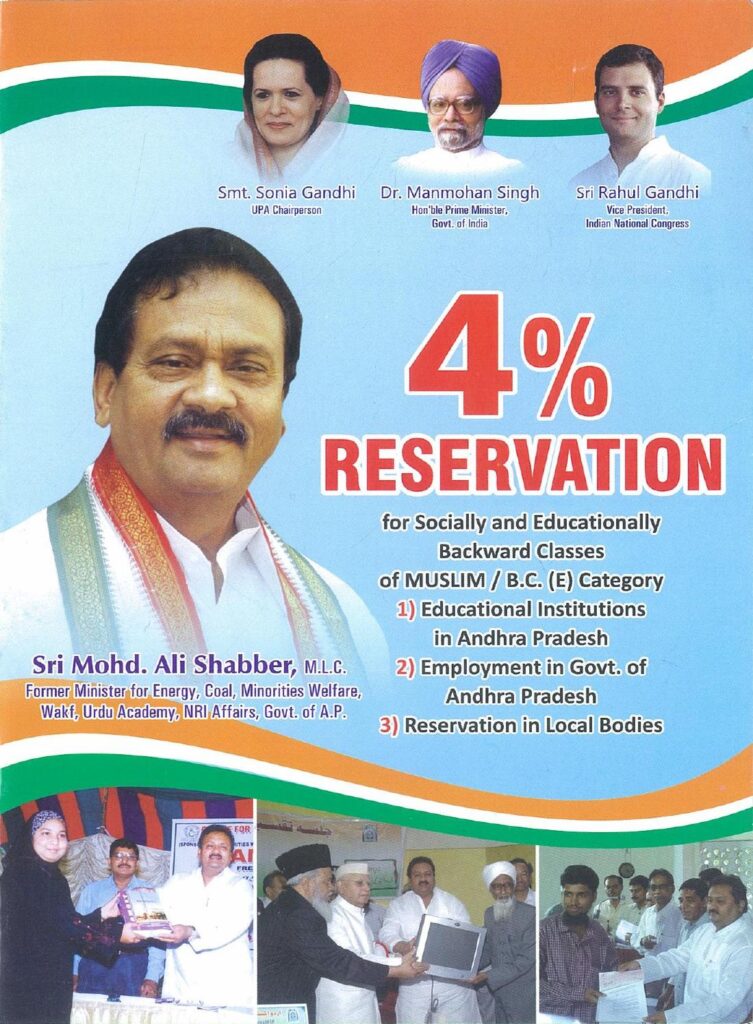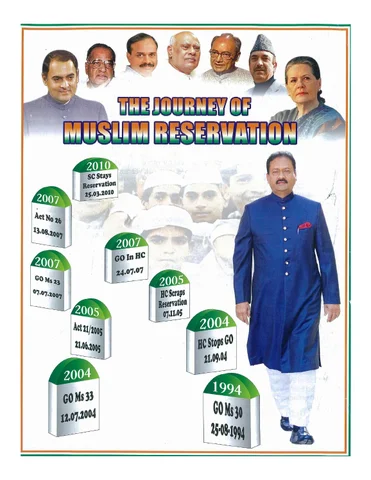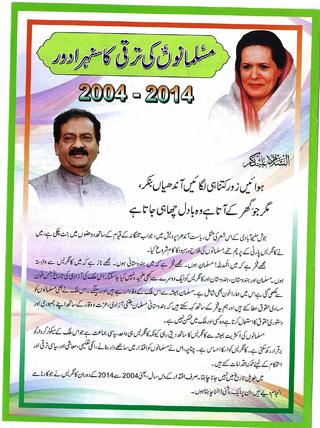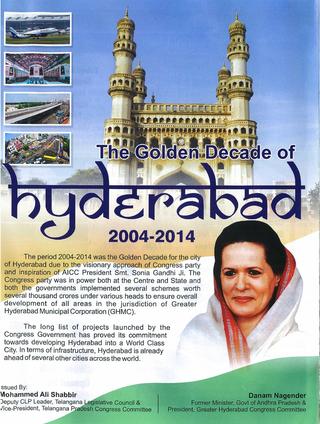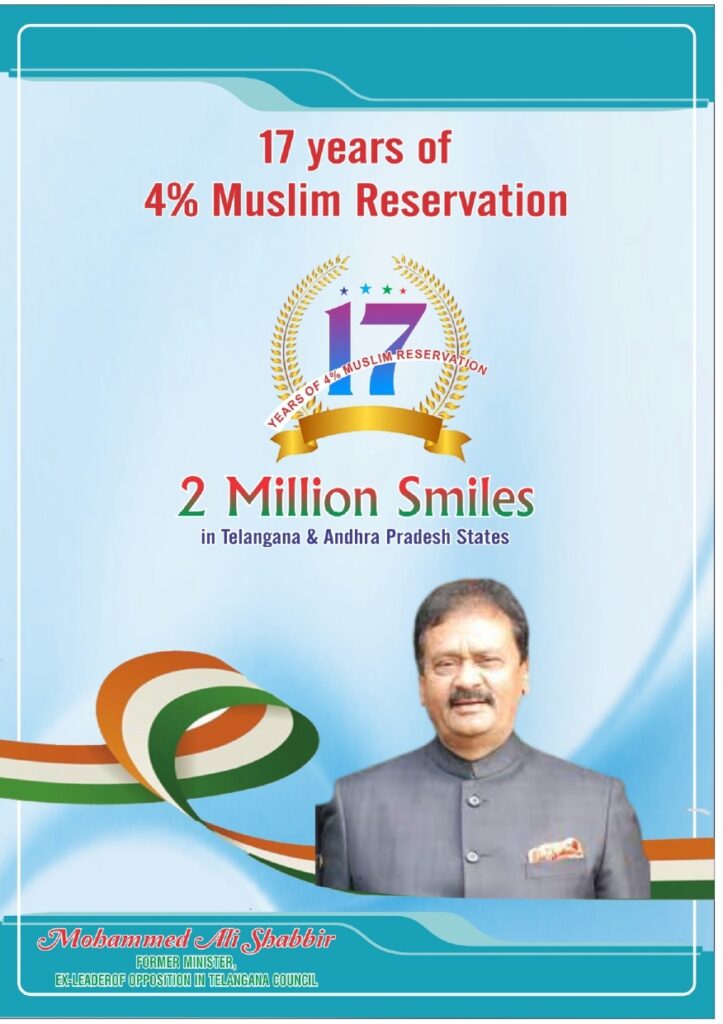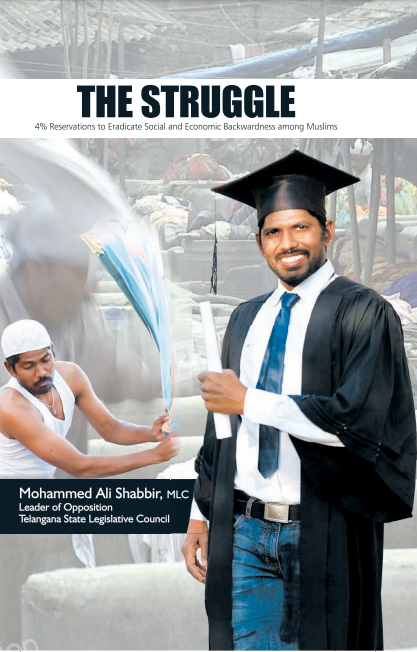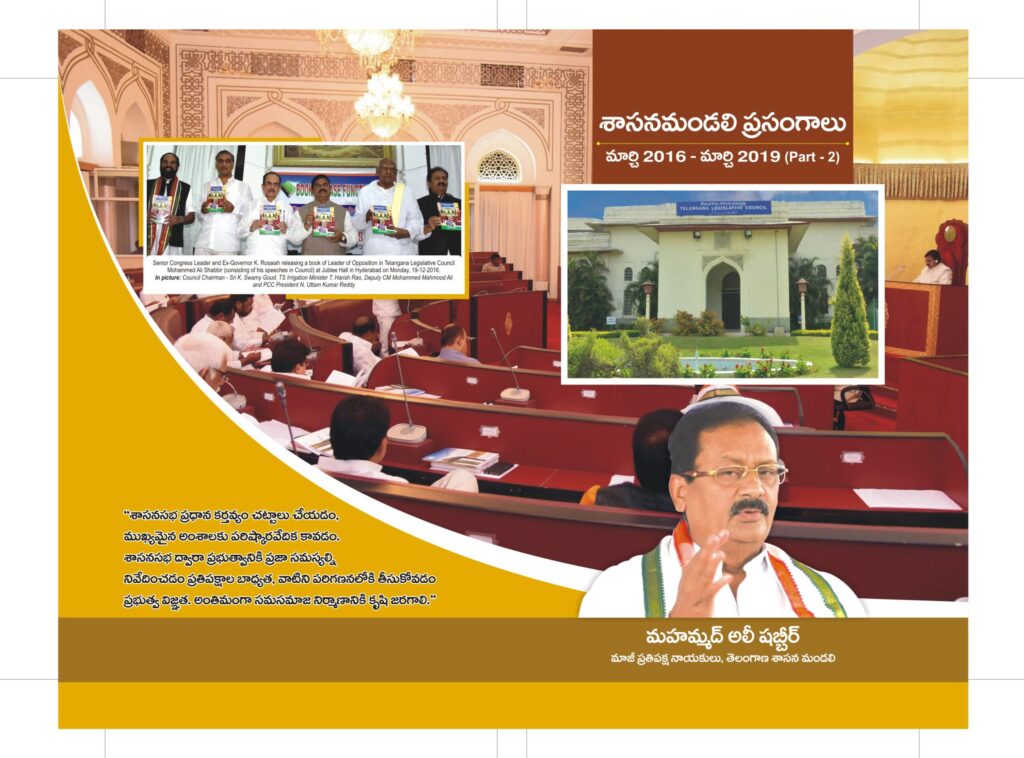
About Me
Mohammed Ali Shabbir
Mohammed Ali Shabbir, born on February 15, 1957, is an Indian politician known for his contributions to Telangana’s political landscape. Hailing from an agricultural family in Kamareddy, Shabbir Ali began his political journey with the National Students’ Union of India (NSUI) in the late 1970s. His father, the late Mohammed Masoom, was a veteran Congress leader who donated his house to establish the regional Congress office, which now serves as the Kamareddy District Congress Committee (DCC) office.
After earning a degree in Commerce, Shabbir Ali joined the Youth Congress and actively participated in various party activities. He gained prominence in 1989 when, along with other Youth Congress workers, he was jailed for 29 days after storming the Legislative Assembly to protest against remarks made by a Telugu Desam Party (TDP) minister against Rajiv Gandhi. Later that year, he contested the Kamareddy seat in the 1989 elections and won by a significant margin. At just 32 years old, he was appointed as a minister in the cabinet of Dr. Marri Chenna Reddy, handling portfolios such as Wakf, Sugar, Fisheries, and Khadi & Village Handicrafts.
- Web Design
- Graphic Design
- Print Media
- UI / UX Design
- App Development
- Web Development
- Data Security
- Web Marketing




